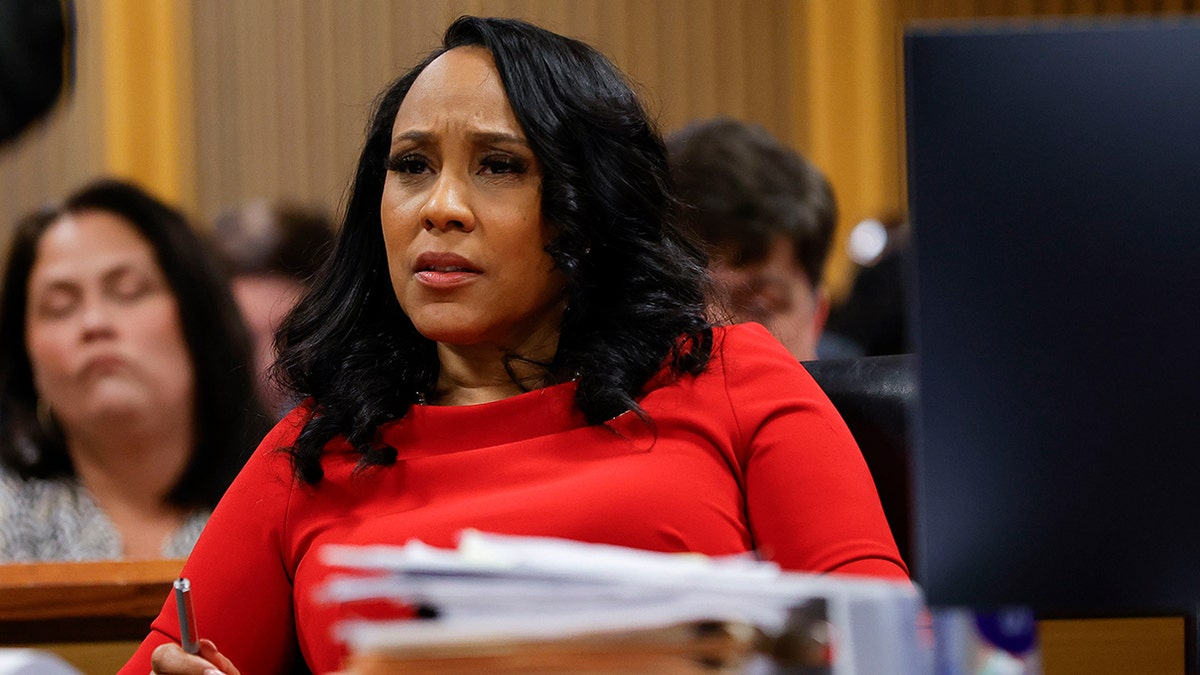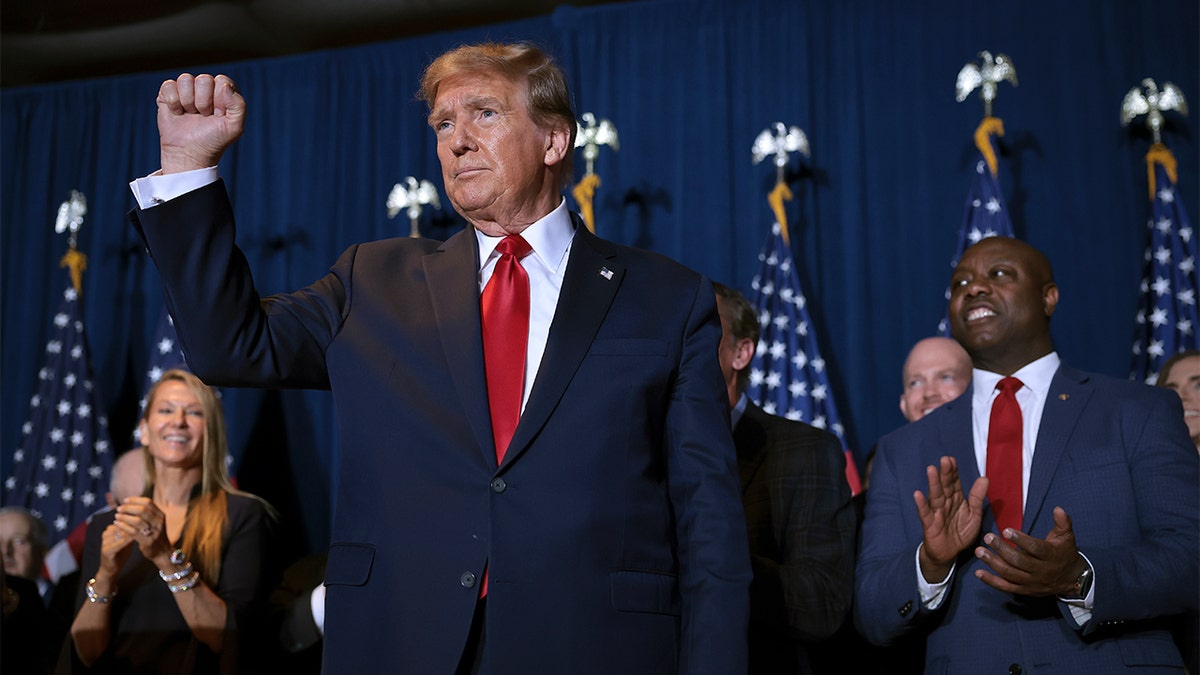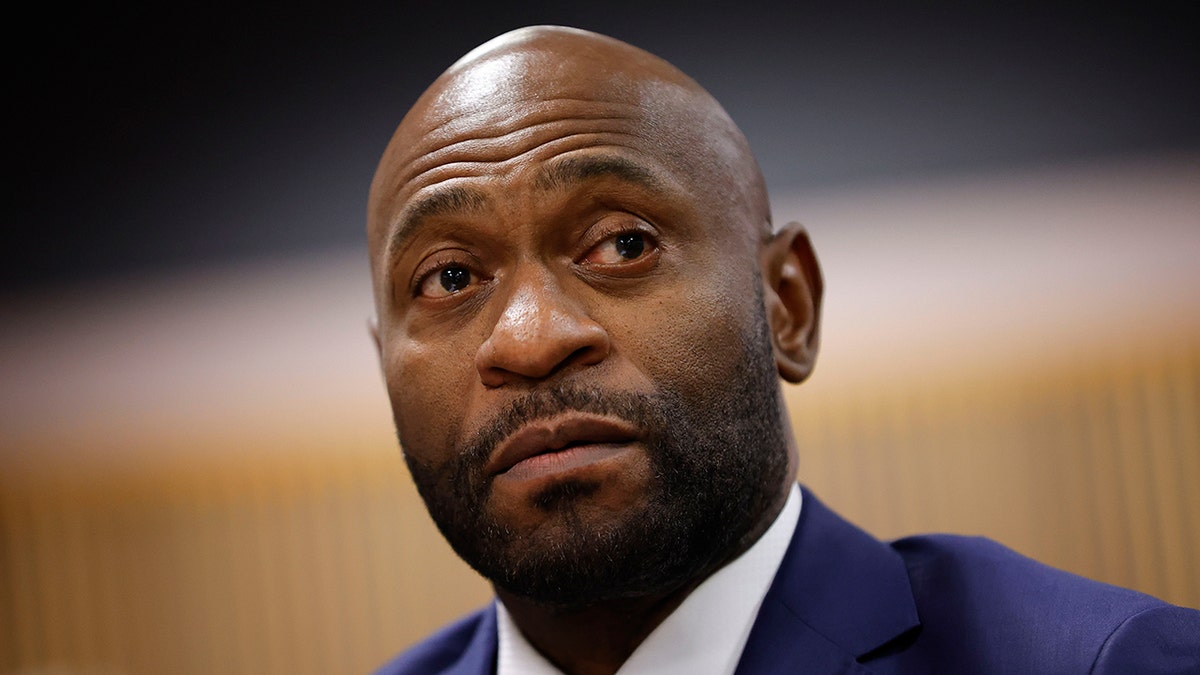Fani Willis has no credibility left, and she needs to step aside: Georgia lawmaker
Republican Georgia State Sen. Bill Cowsert joins ‘FOX & Friends’ to discuss state lawmaker's probe of Fulton County DA Fani Willis after special prosecutor Nathan Wade stepped down from the case against former President Trump.
A Georgia judge presiding over the 2020 election interference case against former President Trump on Wednesday announced that Trump and his co-defendants can appeal the order that denied the disqualification of embattled Fulton County District Attorney Fani Wills.
Fulton County Superior Judge Scott McAfee on Wednesday issued a certificate of immediate review, allowing Trump and eight co-defendants to seek an appeal of the order.
The defense now has 10 days to submit an application to the Georgia Court of Appeals, which will have 45 days to decide whether they will hear the case from March 15, when the order was issued. Under Georgia law, the Georgia Court of Appeals is not required to hear the case.
"Upon review of the Defendants’ joint motion for a Certificate of Immediate Review, the Court finds that the Order on the Defendants’ Motions to Dismiss and Disqualify the Fulton County District Attorney issued March 15, 2024, ‘is of such importance to the case that immediate review should be had,'" McAfee said.
FANI WILLIS’ ‘SORDID SCANDAL’ COULD MAKE FINDING A JURY IN THE TRUMP CASE ‘MUCH HARDER’: EXPERTS

Fulton County, Georgia, District Attorney Fani Willis looks on during a hearing in the case of the State of Georgia v. Donald John Trump at the Fulton County Courthouse in Atlanta on March 1. (Alex Slitz-Pool/Getty Images)
Steve Sadow, lead counsel for the former president, said in a statement Wednesday that the judge's decision is "highly significant."
"The defense is optimistic that appellate review will lead to the case being dismissed and the DA being disqualified," Sadow said.
Judge McAfee also said that while the defense pushes to have Willis disqualified, he will continue to address other pre-trial motions in the case.
GEORGIA LAWMAKER DEMANDS FANI WILLIS STEP ASIDE IN TRUMP ELECTION CASE: 'HER CREDIBILITY IS SHOT'

Former President Donald Trump gestures to supporters during an election night watch party at the State Fairgrounds in Columbia, South Carolina, on Feb. 24. (Win McNamee/Getty Images)
Willis was accused of having an "improper" affair with Nathan Wade, a special counsel whom she hired to help prosecute the case. Trump and several co-defendants said Willis was romantically linked with Wade prior to his hiring and alleged that she was financially benefiting from the position he held in her office.
Both Willis and Wade denied those allegations.
After hearing all the evidence presented in court, McAfee on Friday gave Willis an ultimatum — remove herself from the case or fire Wade. Hours after the judge's order, Wade resigned from the case.
McAfee said that the defendants "failed to meet their burden of proving that the District Attorney acquired an actual conflict of interest in this case through her personal relationship and recurring travels with her lead prosecutor."

Special prosecutor Nathan Wade sits in court during a hearing in the case of the State of Georgia v. Donald John Trump at the Fulton County Courthouse in Atlanta on March 1. (Alex Slitz-Pool/Getty Images)
"However, the established record now highlights a significant appearance of impropriety that infects the current structure of the prosecution team — an appearance that must be removed through the State’s selection of one of two options," he wrote, adding that Willis and her whole office can choose to step aside, or Wade can withdraw from the case.
McAfee said that "[w]ithout sufficient evidence that the District Attorney acquired a personal stake in the prosecution, or that her financial arrangements had any impact on the case, the Defendants’ claims of an actual conflict must be denied."
CLICK HERE TO GET THE FOX NEWS APP
But he went on to say that his finding is "by no means an indication that the Court condones this tremendous lapse in judgment or the unprofessional manner of the District Attorney’s testimony during the evidentiary hearing."
"Rather, it is the undersigned’s opinion that Georgia law does not permit the finding of an actual conflict for simply making bad choices — even repeatedly — and it is the trial court’s duty to confine itself to the relevant issues and applicable law properly brought before it," McAfee said.

























